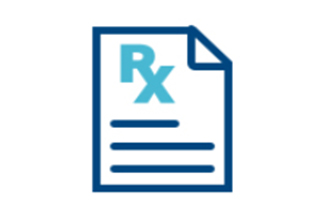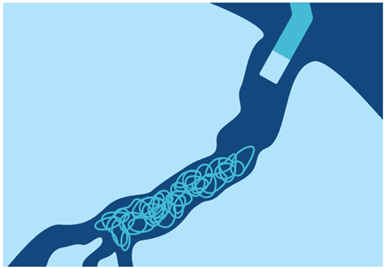
What are the Treatment Options ?
Medical Therapy
Medical therapy for PVCS may include the use of analgesics to control and reduce the pain. Hormones like progesterone or birth control pills can be effective suppressing ovarian activity and thus leading to pain relief.4
Click Here to learn more about Medical Management
Surgical Solutions
Hysterectomy is performed to remove the uterus and cervix. In PCS treatment, the objective of organ removal is the suppression of ovarian activity. Nevertheless, efficacy is unclear and the treatment bears all risks of an open surgery. 5
Surgical transperitoneal ligation of the ovarian vein has been associated with improvement in pain in approximately 75% of patients. The approach can be laparoscopy, robotic assisted laparoscopy or laparotomy.4
Click Here to learn more about Surgical Treatment
Ovarian Vein Embolisation
Ovarian Vein Embolisation has become the mainstay of treatment for patients with Pelvic Venous Congestion Syndrome. Different sclerotic agents can be used including sclerosant foam, glue, Amplatzer vascular plugs and coils.
Multiple studies have evaluated this treatment option, reporting mean success rate of 75%, low recurrence rate of 5% and relative safety.4
Click Here to learn more about Ovarian Vein Embolisation


